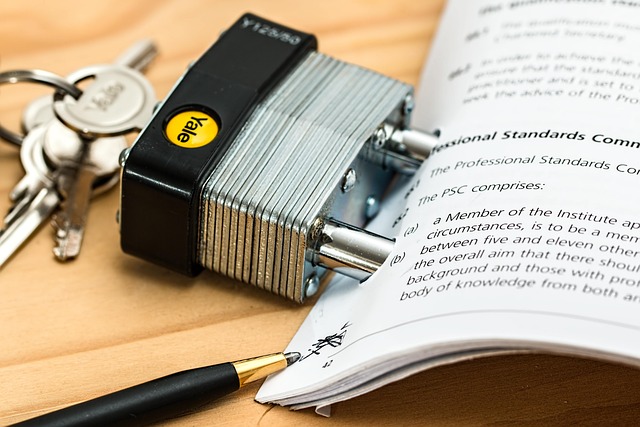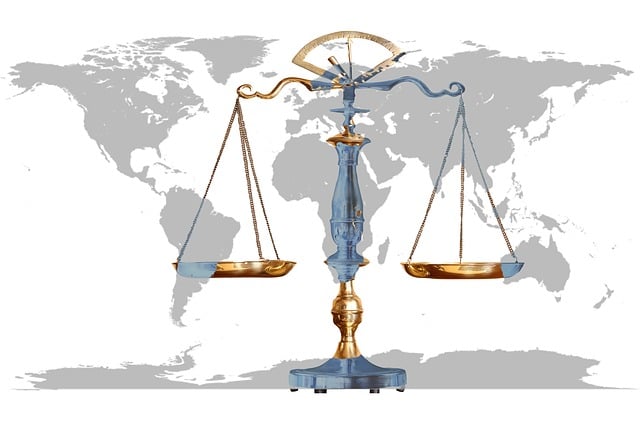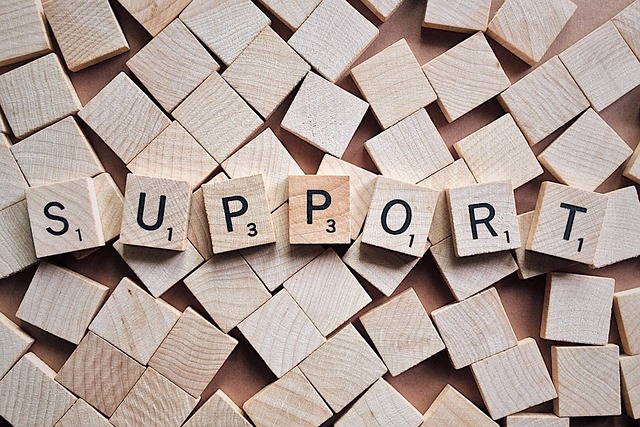Understanding child support rights is crucial for parents to fulfill their legal duties and ensure their children's financial well-being. Both custodial and non-custodial parents have specific roles and responsibilities, with support obligations covering basic needs like food, shelter, and healthcare. Clear communication about these rights and duties fosters a collaborative environment, prevents disputes, and promotes the child's best interests. Awareness of legal guidelines for parental obligations support, as outlined in a support rights overview, facilitates fair distribution of financial contributions, ensuring stability and security for the child's development.
In navigating complex family dynamics, clarifying roles in child support obligations is paramount. This article provides a comprehensive child support rights and support responsibilities overview, delving into the legal duties support and parental obligations support that underpin healthy co-parenting. We explore the importance of clear communication in managing support rights, disentangling complexities, and ensuring a fair and equitable distribution of support rights. By understanding these key aspects, parents can foster stability for their children and move forward with clarity.
- Understanding Child Support Rights: A Comprehensive Overview
- Defining Parental Obligations and Legal Duties
- The Importance of Clear Communication in Support Responsibilities
- Navigating the Complexities: Who is Responsible for What?
- Ensuring a Fair and Equitable Distribution of Support Rights
Understanding Child Support Rights: A Comprehensive Overview

Understanding child support rights is a crucial step in navigating the complex landscape of parental obligations. In many jurisdictions, both parents have legal duties and responsibilities when it comes to supporting their children financially. This includes providing for basic needs such as food, clothing, shelter, and medical care. Child support rights are designed to ensure that every child receives the resources necessary for healthy development and well-being.
A comprehensive overview of child support rights involves recognizing both parents’ roles and responsibilities. Non-custodial parents, while not physically present with the child on a daily basis, still have a legal obligation to contribute to their child’s financial needs. Conversely, custodial parents, who have primary physical custody, are responsible for meeting day-to-day expenses but can seek financial assistance from the non-custodial parent through official support agreements or court orders. This balanced approach ensures that children receive the support they need while fostering a healthy dynamic between both parents.
Defining Parental Obligations and Legal Duties

In the context of child support, understanding one’s rights and responsibilities is paramount for ensuring a stable and nurturing environment for the child’s growth. Parental obligations encompass a range of duties that contribute to the physical, emotional, and financial well-being of their offspring. This includes providing basic necessities such as food, clothing, and shelter, as well as affording opportunities for education, healthcare, and overall development. Child support rights are not merely about financial contributions; they involve creating a supportive framework that allows children to thrive.
Legal duties related to support obligate parents to act in the best interest of their children. This involves adhering to court-ordered agreements or guidelines that dictate support responsibilities. Whether through direct payments or shared expenses, both parents play a crucial role in fulfilling these legal obligations. An overview of child support rights provides a clearer understanding of what constitutes parental obligation and how each parent can contribute towards the child’s overall development and future prosperity.
The Importance of Clear Communication in Support Responsibilities

In the complex landscape of family law, especially when dealing with child support, clear communication becomes paramount. Understanding one’s rights and responsibilities is crucial for all parties involved—both parents and the child. When it comes to child support, open dialogue ensures that everyone is on the same page regarding financial obligations, fostering a cooperative environment. This is particularly vital as it helps avoid misunderstandings and potential legal disputes, allowing families to navigate this sensitive topic with ease.
Effective communication clarifies roles and expectations, providing an overview of support rights and duties. It enables parents to discuss and agree on arrangements that benefit the child’s well-being while respecting individual circumstances. Moreover, it empowers children by ensuring they receive the necessary support, fostering a sense of stability and security in their lives.
Navigating the Complexities: Who is Responsible for What?

Navigating the complexities of child support can be a challenging task for many parents. Understanding who is responsible for what is crucial to ensuring fair and legal compliance with parental obligations. In most cases, both parents share the responsibility of supporting their children financially, even if they are not together. The legal duties surrounding support responsibilities are clear-cut; each parent has specific rights and obligations when it comes to providing for their child’s needs.
Child support rights and responsibilities vary based on jurisdiction, but generally, the non-custodial parent (the parent who does not have primary physical custody) is required to contribute financially towards the child’s upbringing. This contribution is determined by assessing the parents’ income levels, the time each parent spends with the child, and other relevant factors. It’s essential for parents to have a clear understanding of their support rights and obligations to avoid disputes and ensure the well-being of their children.
Ensuring a Fair and Equitable Distribution of Support Rights

Ensuring a fair and equitable distribution of child support rights is paramount in any custody arrangement. Both parents have legal duties and responsibilities towards their children’s financial well-being, and an understanding of these support rights and obligations is crucial for maintaining a healthy dynamic. When determining parental obligations, courts consider factors such as each parent’s income, the child’s needs, and the time spent with each caregiver. This ensures that the burden is shared proportionally, promoting stability and security for the child.
A clear overview of support rights helps foster a cooperative environment between parents. Instead of viewing it as a contentious issue, recognizing and respecting each other’s roles in providing for the child can strengthen their relationship. Both parties have a say in how much each contributes, whether through direct payments or sharing expenses like healthcare and education costs. This collaborative approach aligns with the best interests of the child, fostering a sense of shared responsibility that extends beyond legal obligations.






